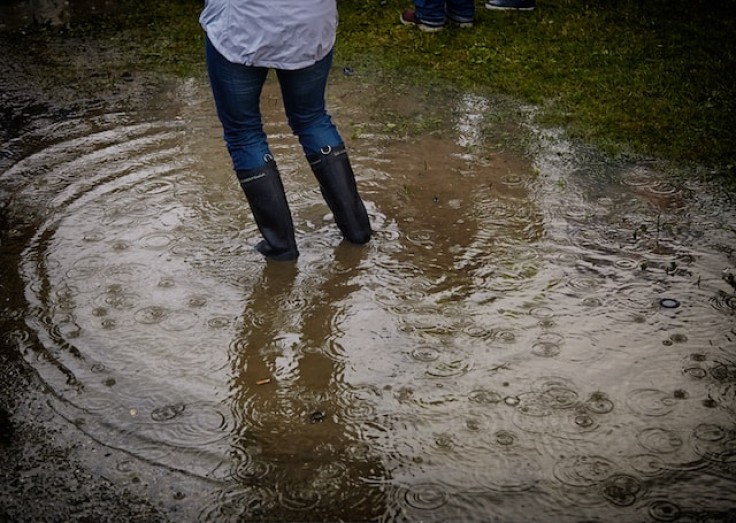
Tensions between Japan and China are soaring after a wave of online harassment directed at Japanese citizens and institutions following the release of treated radioactive wastewater from the Fukushima nuclear plant.
The outrage on China's heavily censored internet became palpable when Japan began the wastewater release last Thursday. Several videos on Chinese social media showed callers from China angrily confronting Japanese businesses over the phone, asking, "Why do you release nuclear-polluted water into the ocean?"
The mayor of Fukushima, Hiroshi Kohata, revealed that the city's town hall received around 200 harassment calls in just two days, many of which originated from China's country code. These calls targeted not just governmental buildings but also schools, restaurants, hotels, and inns across the city. Kohata urgently called for the government to be informed and to take immediate action.
Japan's Official Response
Japan's foreign ministry summoned the Chinese ambassador, labeling these incidents extremely regrettable and worrisome. They urged the Chinese government to take "appropriate measures immediately" to prevent escalation and to correct any misinformation surrounding the wastewater release. Japanese institutions in China have also been harassed, raising concerns about the safety of Japanese residents and diplomatic missions in the country.
The release of the wastewater has led to increased hostility in China as well. A stone was thrown into the grounds of a Japanese school in Qingdao when the release began, and eggs were thrown at a Japanese school in Suzhou the following day. Although no children were hurt, these incidents have added to the fear and anxiety among the Japanese community in China.
China has responded defiantly. On Monday, the Chinese embassy in Japan accused Tokyo of causing "unpredictable harm" to human and marine health while also claiming that it had received harassment calls from Japanese numbers. When asked about measures to curb the harassment, a spokesperson for the Chinese Foreign Ministry stated that China has always protected the safety and lawful interests of foreign nationals according to the law.
Read also: Toxic Cyanobacteria Found in Utah's Zion National Park: Visitors Warned of Dangerous Waters
Economic Repercussions and Wider Boycotts
The situation has also had economic implications, with China announcing a ban on all seafood imports from Japan. On Douyin, the Chinese version of TikTok, calls for a broader boycott of Japanese products are circulating, including lists of brands ranging from cosmetics to food and beverages.
Some analysts outside China suggest that the backlash might be more politically motivated than scientifically grounded. Yasuhiro Matsuda, a professor of international politics at the University of Tokyo, noted that the release isn't a strategically important issue for China and may instead be an attempt to gain political leverage.
This latest episode is another hiccup in the often tumultuous relationship between China and Japan. The escalation comes at a time when both countries are grappling with various internal challenges, including economic pressures and the aftermath of the pandemic.
As the bilateral relationship undergoes another period of strain, the international community watches closely, concerned about the escalating tensions and potential for further conflict between two of Asia's most powerful nations.
Related Article: Flint Water Crisis: $626 Million Settlement Approved for Thousands of Kids Exposed to Lead Poisoning